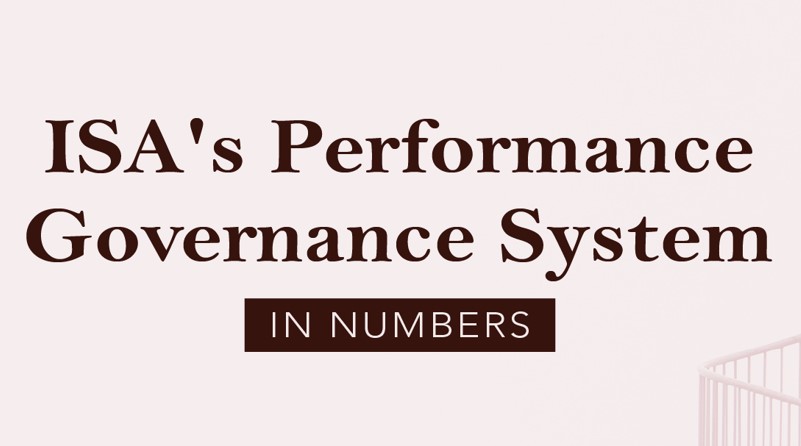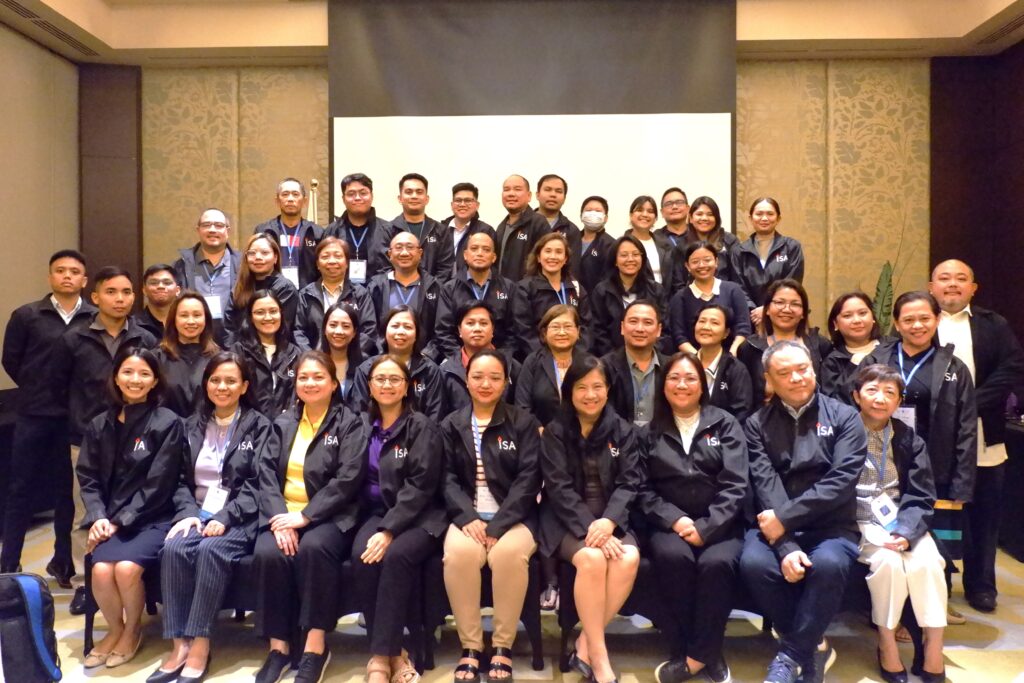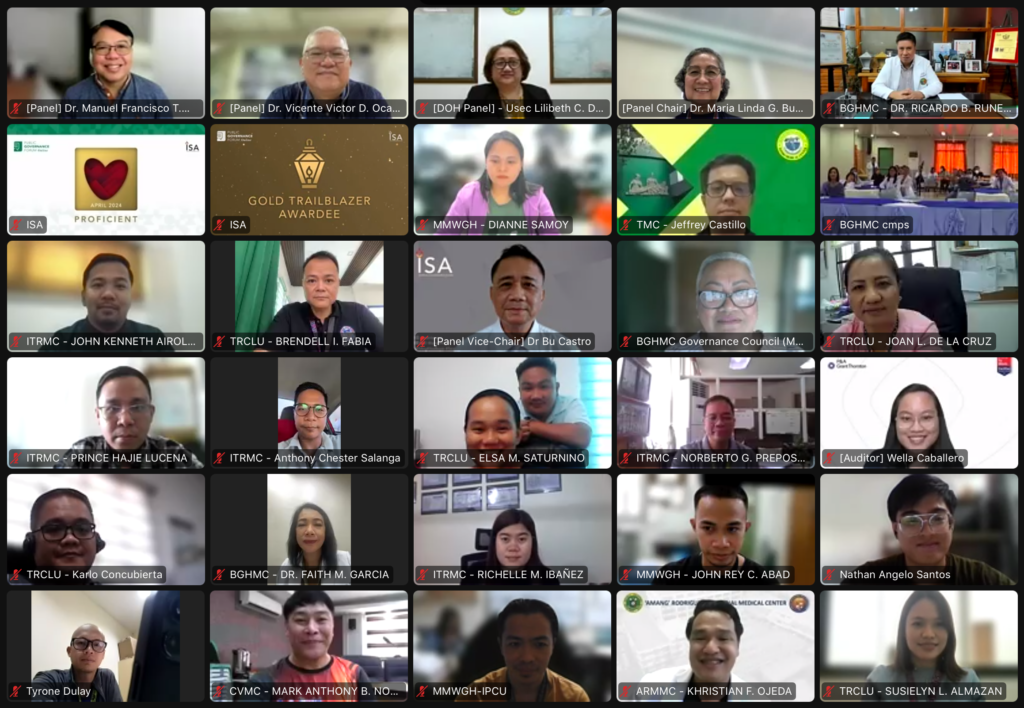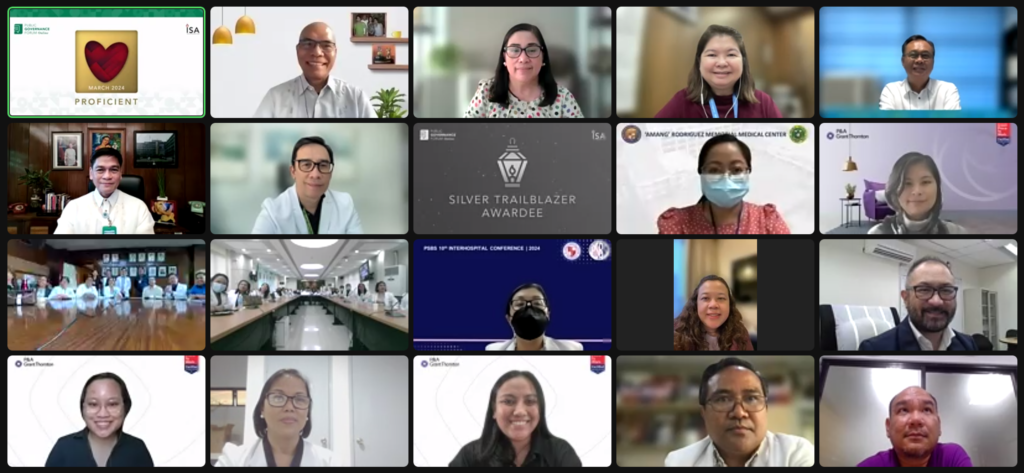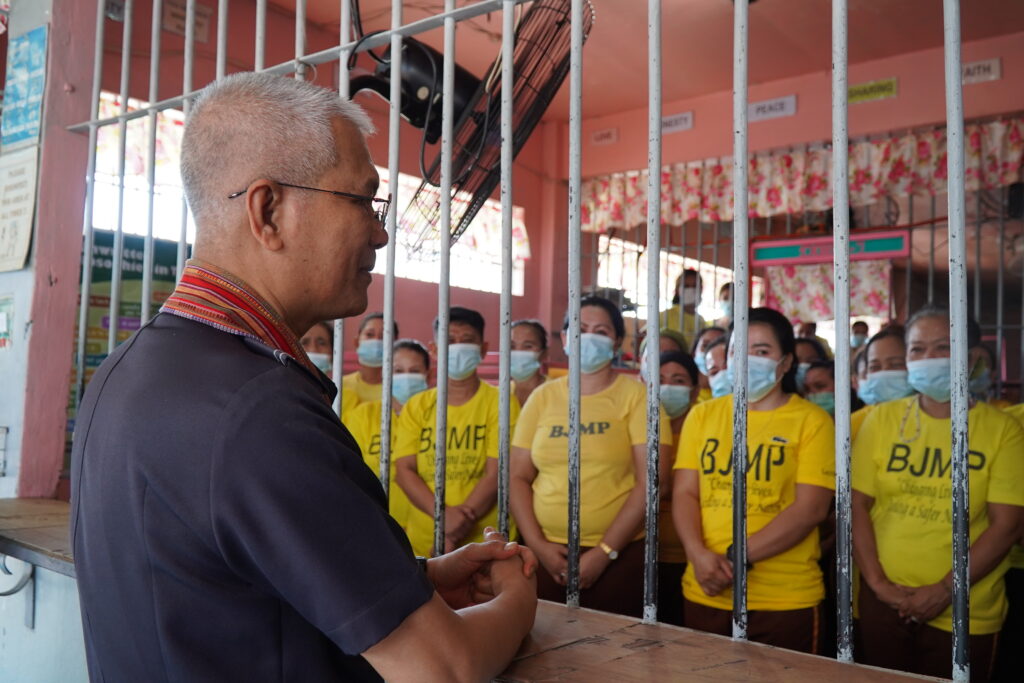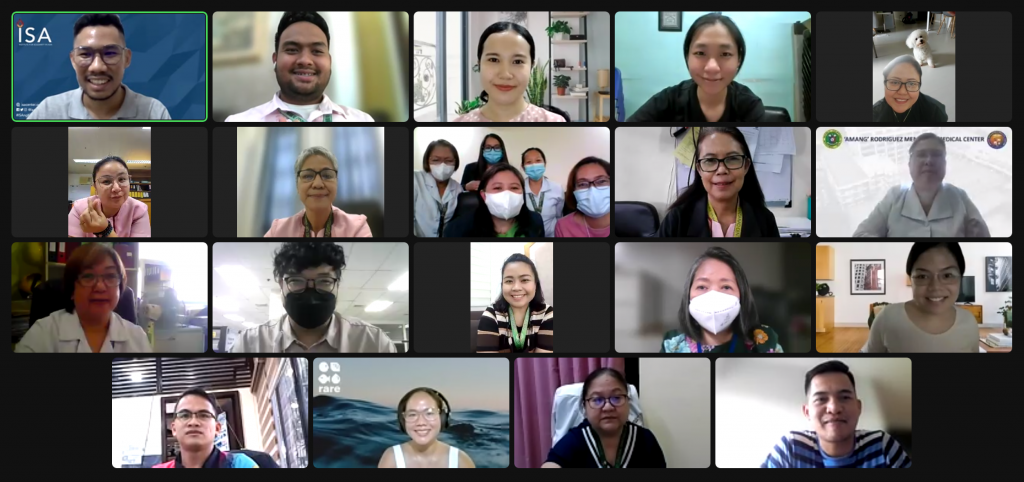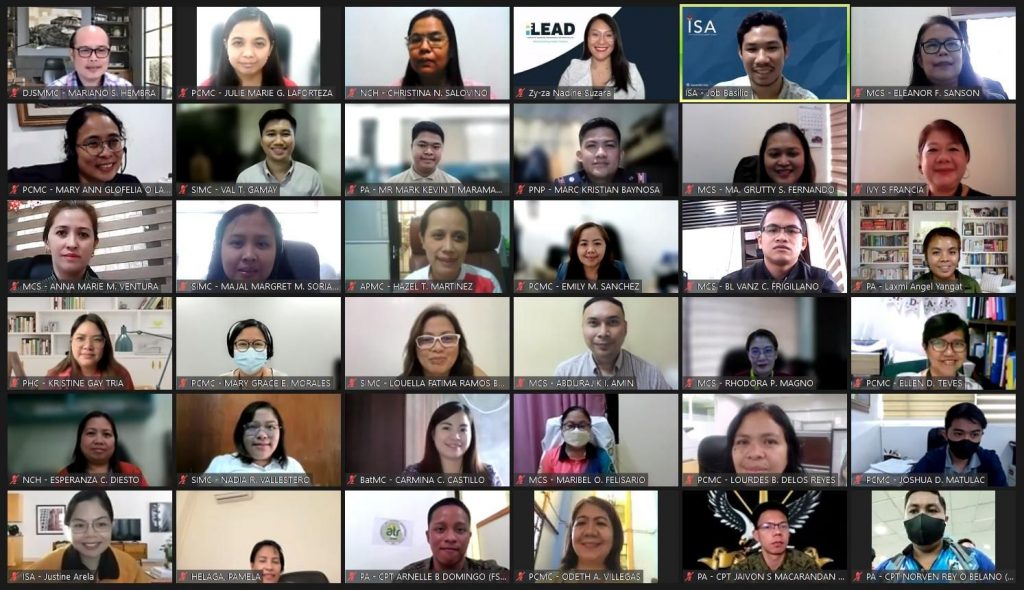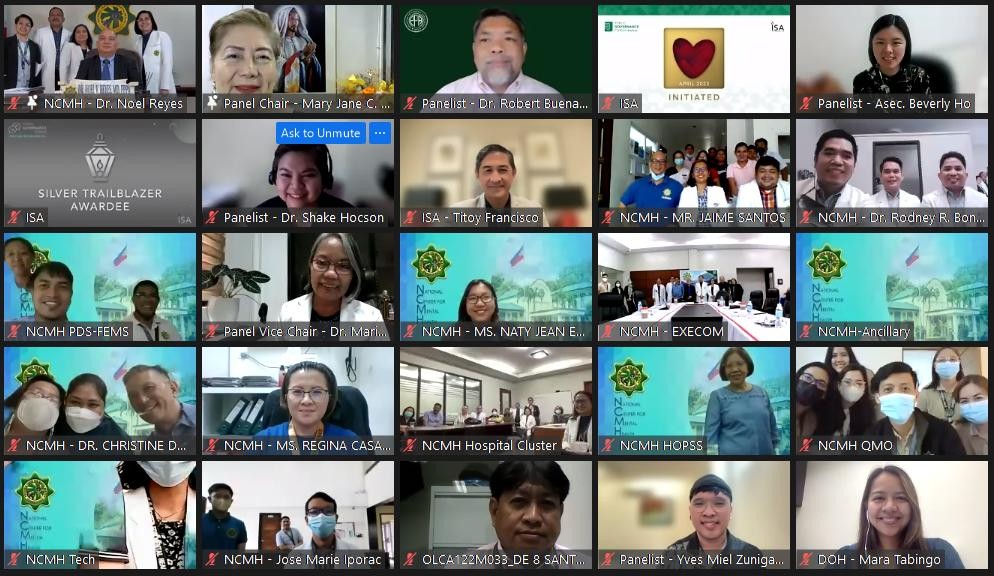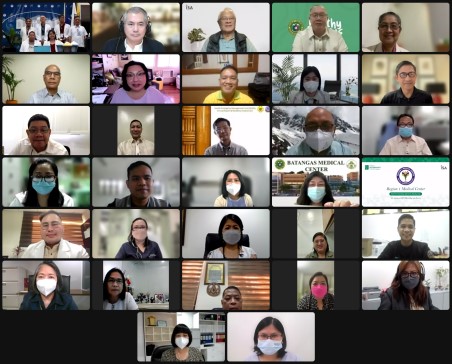Every citizen has a dream for the country, but a grand reform process to achieve such ideals does not happen overnight. Creating lasting change in our society demands significant investments in time and resources and the commitment of all its citizens. Similarly, the Institute for Solidarity in Asia (ISA), a non-profit organization committed to transforming the public sector, aims to build our shared vision of a Dream Philippines, where every government institution delivers quality public service and every citizen participates and prospers.
To achieve this, ISA has adapted a discipline, turning it into a unique and valuable tool that will help raise the standards of governance practice in the Philippine government.
Here is everything you need to know about ISA’s Performance Governance System (PGS) in numbers:
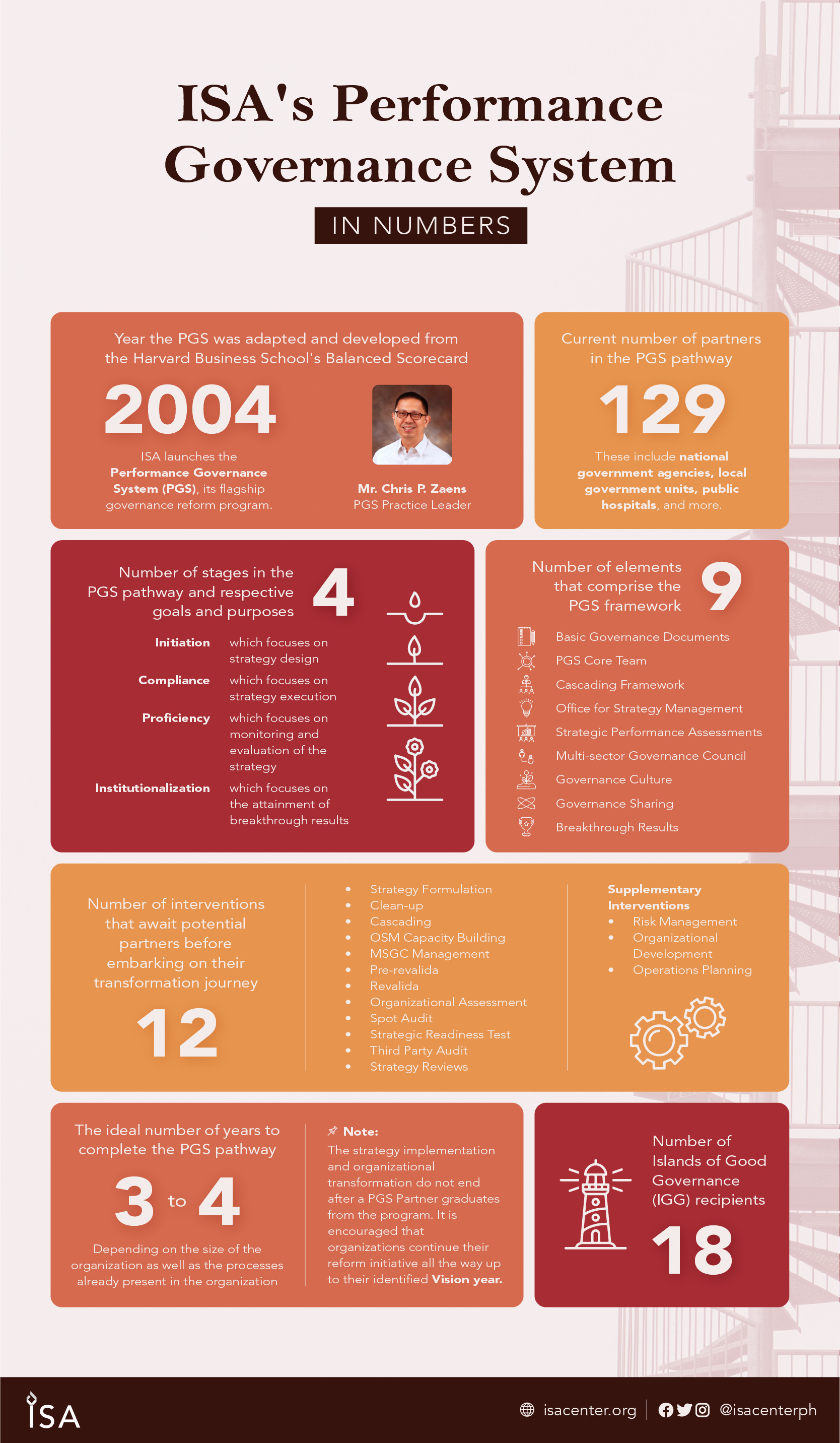
Taking inspiration from the Harvard Business School’s Balance Scorecard, the PGS, ISA’s flagship governance reform program, was first launched in 2014. In adapting the Balanced Scorecard to the Philippine conditions, ISA applied many modifications so that the basic discipline for strategy execution and delivering breakthrough results could be adopted by the Philippine public sector.
The PGS pathway comprises four stages: Initiation, Compliance, Proficiency, and Institutionalization. While the Initiation Stage focuses on strategy design, the Compliance Stage highlights the execution of these strategies. Following through, the Proficiency Stage focuses on the monitoring and evaluation of the strategy. Finally, the Institutionalization Stage concentrates on the attainment of breakthrough results. There are currently 129 partners in the PGS pathway, including but not limited to, national government agencies, local government units, and public hospitals.
The PGS framework is composed of nine elements: Basic Governance Documents, PGS Core Team, Cascading Framework, Office for Strategy Management, Strategic Performance Assessments, Multi-sector Governance Council, Governance Culture, Governance Sharing, and Breakthrough Results. ISA does not impose a one-size-fits-all program but recognizes and builds on governance mechanisms that capture the intent of each PGS element.
Twelve interventions await potential partners before diving into their transformation journeys, namely Strategy Formulation, Clean-up, Cascading, OSM Capacity Building, MSGC Management, Pre-revalida, Revalida, Organizational Assessment, Spot Audit, Strategic Readiness Test, Third Party Audit, and Strategy Reviews. Supplementary interventions on Risk Management, Organizational Development, and Operations Planning are also offered by ISA to further enhance technical skills vital in improving coherent organizational strategy.
Ideally, PGS partners accomplish the four-stage pathway in three to four years, depending on the size of the organization and the existing processes within them. Presently, there are 18 Islands of Good Governance Recipients (IGG), which have successfully completed the PGS four-stage pathway, most recently the Department of Health and the Bureau of Customs.
However, it is essential to note that strategy implementation and organizational transformation does not end after one graduate from the program. In fact, the real work only begins right after. Dr. Estanislao reminds all governance practitioners that the “pathway from resolutions to breakthrough results is a long one.”
“It calls for our moving from talk only to action also; then for having our actions guided by broad knowledge that realistically considers the challenges we face; and finally for reinforcing and reinvigorating our commitment to purposeful action by placing our heat in actively working and sacrificing for the common good of all,” he said.
A lasting transformation journey awaits your organization! Curious to see what the Performance Governance System has in store for you? Please contact Guia Luistro (Manager, Partner Management Unit) at [email protected] or email us at [email protected].

